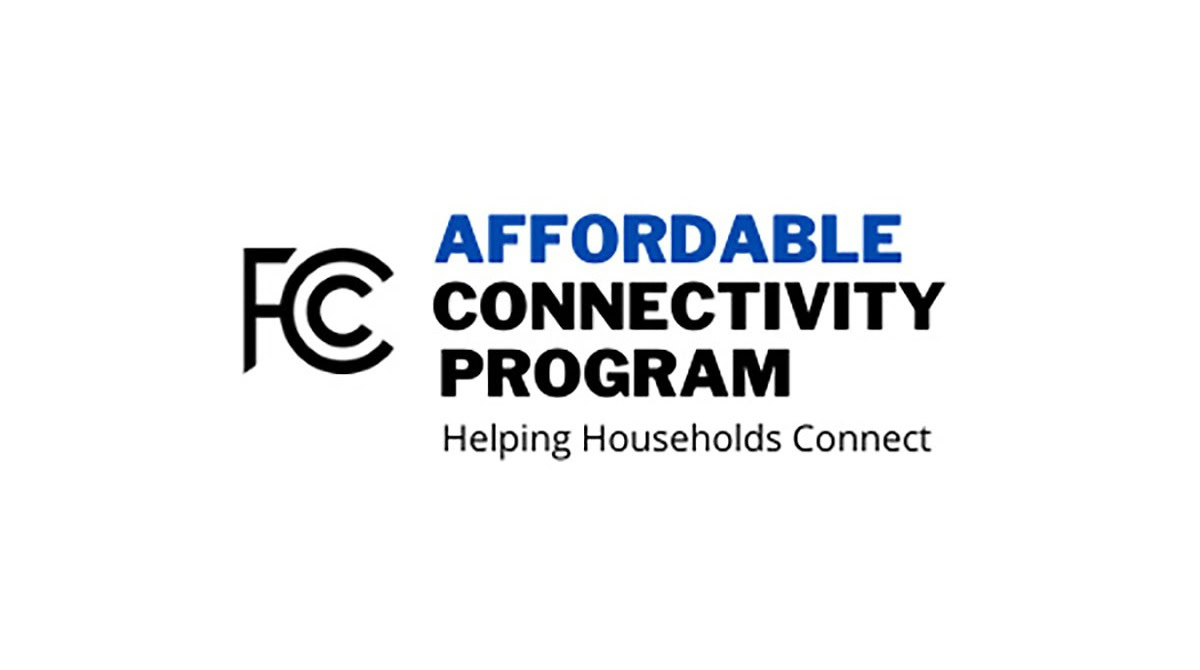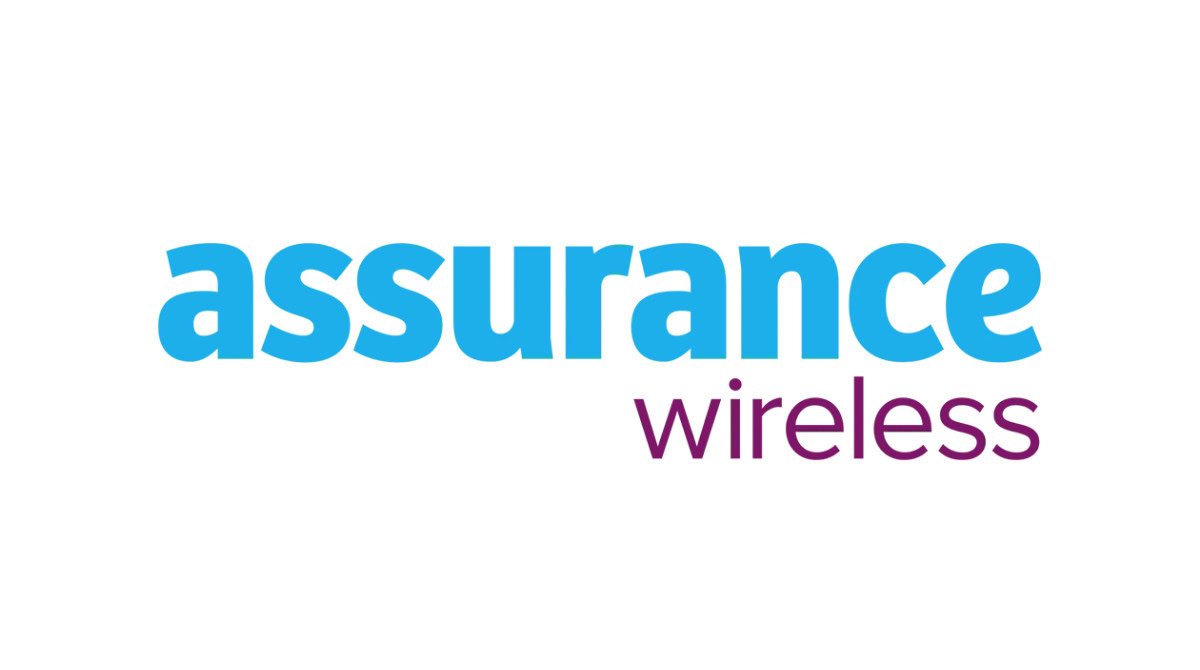Affiliate links on Android Authority may earn us a commission. Learn more.
Internet access will go up by $30 for millions of low-income Americans: Everything you need to know
Published onMay 28, 2024

The rising cost of living and the reliance on internet connections during the COVID-19 pandemic led to the creation of the Affordable Connectivity Program back in 2021. This program provided a $30 monthly subsidy for internet service from a participating ISP and a one-time $100 credit towards the purchase of a computer, tablet, or phone. Although the plan was primarily aimed at providing home internet, the subsidy could even apply to many cellphone plans as well.
Unfortunately, as the program was not intended as a long-term solution, its funding has since run dry and stopped taking members, though the FCC agreed to foot the bill through May of 2024 to give the program time to find new funding if possible. Keep in mind this was only a partial funding, so the majority of those who signed up saw their discounts jump down from $30 a month to just $14.
Is there any chance the program will be renewed, and do you have any alternative options if you rely on the discount to afford service? Let’s take a closer look.
How many people currently rely on the ACP?
According to the FCC, there are 23 million American households are currently enrolled in the program, with the vast majority living in rural areas. This makes sense for a few reasons. First, rural communities tend to have more low-income citizens. Second, rural internet can cost double, triple, or higher than what most folks pay in the cities and suburbs. It’s unclear what percentage of these users would lose internet service without the subsidy, though the FCC says that over 1,700 internet providers will be affected by the change and “may cut off service to households no longer supported by the program.”
Could the federal government extend the program any longer?
The only way the ACP will remain in place is if it can secure government funding. While there have been several bills introduced to tackle this problem, at the time of this update (May 28, 2024), it’s looking increasingly unlikely that any of these bills will be able to save the program before the month’s end.
The big problem is that not every lawmaker was satisfied with the way ACP was reported on in the first place, with some Republicans claiming it didn’t fulfill its obligation to report statistics program that helps people afford the web or that most users were paying for broadband before the introduction, of course, this doesn’t account for the steady price increases over the last several years. This led to party line disagreements, and that’s ultimately what has gotten in the way of securing new funding.
Are there any alternatives to the ACP?

Unfortunately, there aren’t any official programs that can fully replace ACP’s discount. It’s possible you can change your ISP to save some money or you can pick a cheaper phone service provider, but that’s not a great long-term solution either and means you might have to settle for service that’s not as good as you had before.
While ACP is looking unlikely to continue, it’s possible a new program could take its place but it’s unclear how long this might take. While it’s not as helpful as ACP, there is one government program that can help a little known as Lifeline Assistance Support.
If you are already on ACP you may have Lifeline Support already, but that’s not true in all cases. This is an older program that dates back to 1985 and was originally aimed specifically at providing phone service subsidies. It provides a much smaller discount than ACP at just $9.25 per month, but it can be applied to both broadband and mobile internet plans. Unlike the ACP, this program won’t ever expire as it is run through the FCC and is funded indefinitely by fees to major telecoms. There are even free internet providers through the program, such as Assurance Wireless.
If you don’t already have Lifeline Assistance Support, you can sign up directly at the Lifeline website.